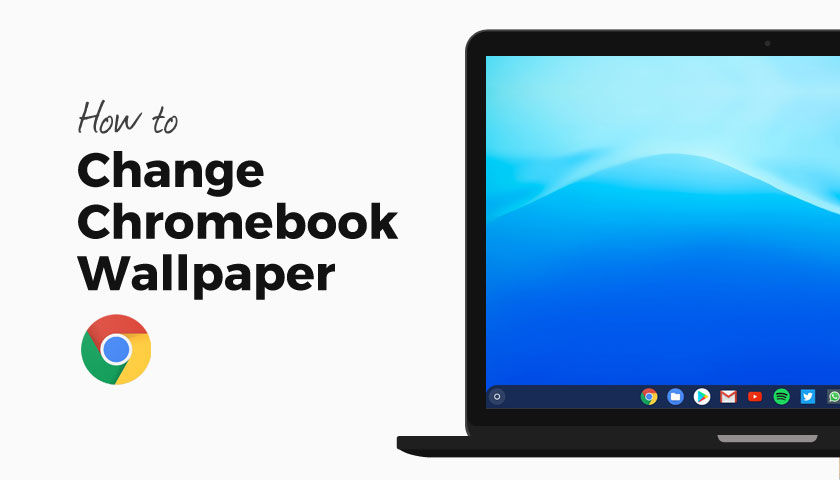Best Accounting Software for Small Businesses
- clarkebobby366
- Aug 21, 2020
- 4 min read
Owning and running your own business has its advantages and disadvantages. A lot of people have business ideas but starting and managing those ideas is the most challenging part. Every department of a business is interconnected with each other, and small entrepreneurs often struggle to manage everything together. One of the essential tasks for every business owner is to manage every transaction and have a proper record of it. Here, accounting software is the best choice for business owners. Gone are the days when managers used to do accounting manually and record their business transactions in a journal. Owning accounting software comes with a lot of perks:
It saves cost
Every entrepreneur runs their business to make profits, and cost-cutting is one of the many ways to achieve that. Investing in efficient accounting software can help you in saving cost and maximizing your profit.

It saves time
Accounting software is easy to use, and it helps you in managing your accounts with less amount of time. They are a more productive and time-saving alternative.
It tracks income and expenses better
Manual recording is more prone to errors and mistakes. Sometimes, manual recording also leaves a room for fraud and manipulation of expenses, but nowadays accounting software is advanced, and it records transactions without any error and fraud which gives you a clear picture of your company’s finances.
It provides financial status at any given time
Accounting software provides you with a real-time picture of your financials. In manual bookkeeping, tracking your daily income and expense is a task, but accounting software makes tracking easy and straightforward.
It gives accurate results
Even a small error in recording the transactions can affect your profits and revenues. But accounting software is equipped with advanced formulas, and it delivers accurate results.
It secures your records
Nowadays, most of the accounting software is cloud-based, and they secure your data with an extra layer of protection. Manual bookkeeping or recording data in laptops are prone to theft and external damage, but accounting software keeps your data safe and secure.
Accounting software can be a valuable addition in your business to increase productivity and efficiency. We are listing some of the best accounting software you should try:
FreshBooks
FreshBooks is a cloud-based software that enables you to run your business smoothly with their invoicing and accounting solutions. It offers various tools that can save you time and allows you to keep a close eye on your financials.
Features of FreshBooks:
Its invoicing tool helps you in generating professional invoices with ease.
You can easily customize your invoice by adding a logo, and you can easily personalize a thank you email.
It improves the payment experience of your customers by accepting various online modes for payment. You can also send reminders and charge late fees.
You can easily connect your bank account with FreshBooks to automate your expenses.
It saves every receipt to have a better track of your expenses. It categorizes your expenses between taxable and non-taxable items which makes it easy for you to collect information for filing tax returns.
It makes time tracking easy for you and your entire team by recording time for every project. You can also add detailed time entry notes and track your working hours.
QuickBooks
QuickBooks is a cloud-based software that enables you to run accounting operations smoothly. It offers different plans as per your requirements.
Features of QuickBooks
You can connect QuickBooks with your bank account to get a real-time view of inflows and outflows.
It offers powerful invoicing features like invoice tracking, a reminder for payments, and more.
You can access dashboards and reports for a better view of the performance of your business.
You can easily track the billable hours of your clients and track your team’s dedicated time towards any specific project.
It allows you to collaborate with your accountants for a seamless workflow.
You can also track your business information on their mobile application from anywhere.
Xero
Xero has a very easy to use interface that makes it more accessible for people with no accounting knowledge. You can easily see your real-time financials by logging into their mobile application.
Features of Xero:
You can send invoices and create expense claims with their mobile application.
You can easily reconcile foreign currency accounts with the latest exchange rates.
It allows you to save your data with file attachments.
You can easily schedule your payments in advance.
You can create professional-looking invoices and get a notification when they are opened.
Its mobile application is compatible across all devices.
Sage Business Cloud Accounting
Sage Business Cloud Accounting is easy to use and affordable software for your accounting needs. You can easily access their video tutorials for better understanding.
Features of Sage Business Cloud Accounting:
You can access it on the computer, tablet, and phone.
You can collaborate with your team to distribute the workload.
It provides reports like profit and loss statements and balance sheets to have a better view of your financials.
You can easily send and track your invoices.
You can easily monitor your business’s cash flow.
Zoho Books
Zoho Books is a cloud-based software that enables you to handle your accounting operations easily.
Features of Zoho Books:
You can easily create retail invoices and set payment reminders.
You can manage your payables by creating and sending purchase orders.
It allows you to upload expense receipts and you can keep track of your payments.
It keeps track of your inventory level and organizes it with necessary information like cost and SKU.
You can easily manage your payments by integrating your bank with Zoho Books.
Conclusion Accounting software is the need of the hour for every business. It improves your productivity, efficiency, saves your time, and helps you manage your workflow better. The software mentioned above is some of the affordable options for the accounting needs of small businesses.




Comments